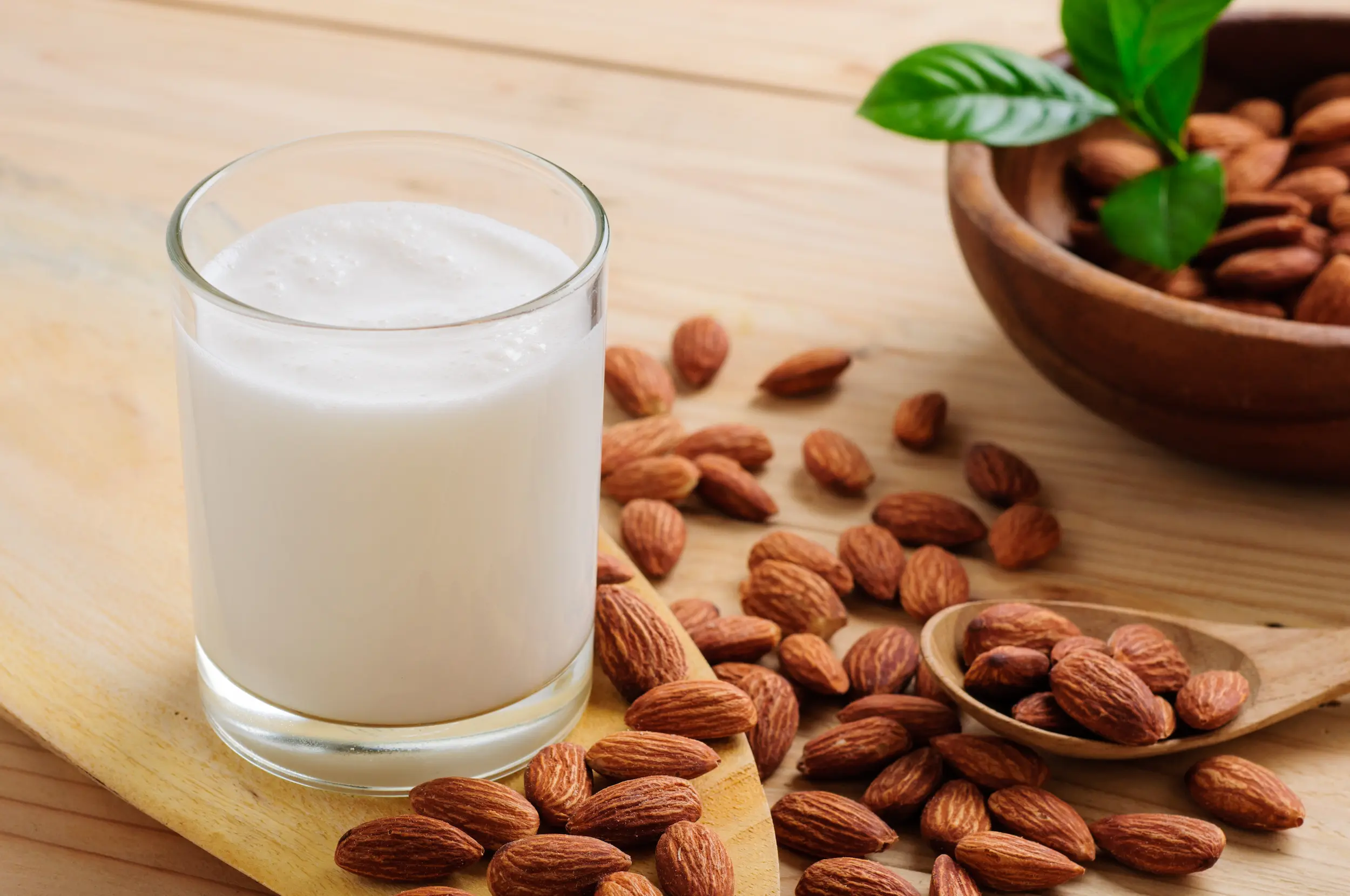As a cat owner, you may have wondered whether almond milk is suitable beverage for your pet. After all, almond milk is a popular dairy alternative that’s often touted as a healthier option. However, when it comes to cats, the answer is a bit more complicated. In this article, we’ll explore whether cats can have almond milk and whether it’s a good idea to give it to them.
What is Almond Milk?
Almond milk is a plant-based milk alternative made from almonds. This dairy-free milk option is lactose-free and seen as beneficial for lactose-intolerant humans. However, just because it’s a healthier option for some people does not necessarily mean it’s beneficial for cats.
Cats and Lactose Intolerance
Most cats are lactose intolerant, which means their bodies lack the enzyme needed to break down lactose, a sugar found in milk. Consuming dairy products can lead to digestive issues such as diarrhea and vomiting in cats. Since almond milk is lactose-free, it’s often considered a safer option.
Can Cats Safely Consume Almond Milk?
The good news is that almond milk is not toxic to cats. However, just because it’s not toxic doesn’t mean it’s a good idea to give it to your cat. While almonds themselves are not toxic to cats, they can be difficult for cats to digest, especially when consumed in large quantities.
That said, while almond milk isn’t harmful to cats, it still should not be a regular part of their diet. Cats require a diet rich in protein which almond milk doesn’t provide. Moreover, sweetened or flavored varieties of almond milk should be avoided as the added sugars and artificial ingredients can lead to obesity, dental problems, and other health issues in cats.
Alternatives
If your cat enjoys lapping up liquid treats, consider safer alternatives like specially formulated cat milk produced by pet food companies. These products are lactose-free and contain the necessary vitamins and minerals your cat needs.
Conclusion
While cats can technically have almond milk without any issues, it is not ideal for their digestive system or overall health. It’s always best to stick with products specially designed for cats, and if you have any doubts about a particular food item, it’s a good idea to consult with your vet. Remember, when it comes to feeding your pets, safety should always come first.
